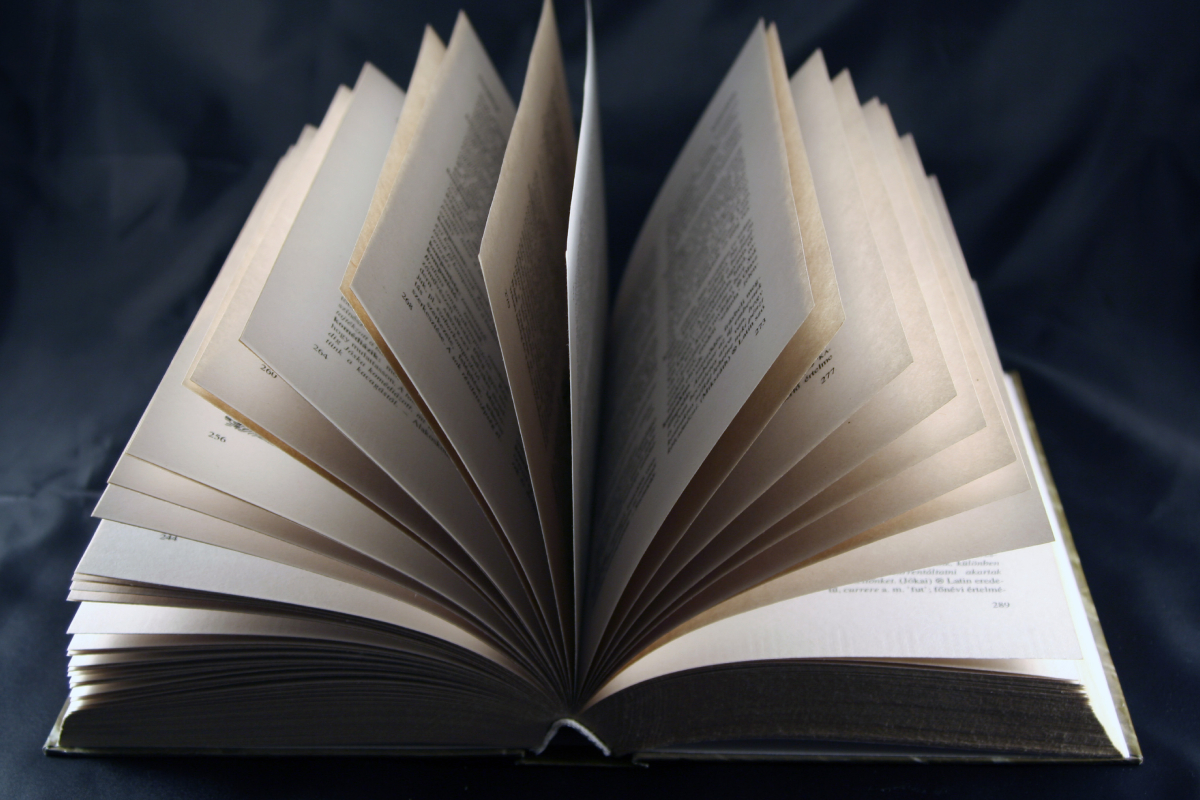NEW DELHI: The National Council of Educational Research and Training (NCERT) once again finds itself in the limelight as it removed periodic tables from the class 10 textbooks with an aim to streamline the curriculum.
Earlier, NCERT sparked controversy for its removal of Charles Darwin’s Theory of Evolution from Class 9 and Class 10 science textbooks.
The move to remove the chapters by NCERT has been initiated after “syllabus rationalisation” following the pandemic.
While speaking on the removal of the periodic table, Dr Subhas Sarkar, Minister of State for Education, told The New Indian, “On the question of hue and cry on the periodic table, whether it is to be included or not, we should understand that because of the pandemic, most of the students stayed home.”
“After the COVID, NCERT is trying to rationalise the courses and this rationalisation of courses is done on the basis of six points,” Dr Sarkar said.
Explaining the points, Dr Sarkar said, “The same thing is being studied in the higher or lower class. It (periodic table) is not at all required in 9th of 10th standard because in the 11th class, the periodic table is within the course in the 9th and the 10th class students should understand the element atom molecule compound metals and non-metals.”
“At that stage, understanding the period table is not required, but anybody can read it on the website or other methods,” MoS Education said.
It is learned that NCERT aims to reduce the burden on students and ensure smoother learning. “This is also very good for the students because after the completion of the 10th, students go from commerce to the arts and these students would be given the burden,” says Dr Sarkar.
“Regarding Darwin, it was not within the course. It was in the box. Anybody can read it from the NCERT website, but it will not be in the curriculum, and this will not affect the quality of the student,” asserts Dr Sarkar.










